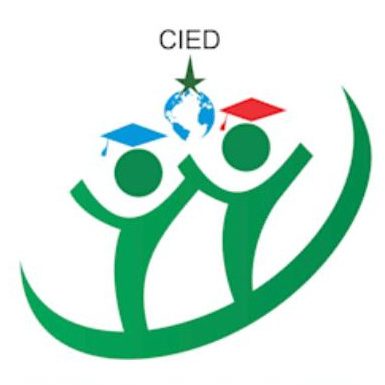Education in Africa is still stuck in the 19th Century colonial government that emphasized theory and earned certificates rather than skill-based education curriculum that delivers training that meets the needs of the workforce.
 The so-called higher education bubble is more pervasive in Africa than in the US where the student debt crisis brought on by college and graduate tuition rates have climbed much faster than the rate of inflation and the growth of household income. With more than 25 per cent unemployment in many African countries, it’s time to advance the frontiers of knowledge and shake up staid educational institutions to support today’s dynamic workforce.
The so-called higher education bubble is more pervasive in Africa than in the US where the student debt crisis brought on by college and graduate tuition rates have climbed much faster than the rate of inflation and the growth of household income. With more than 25 per cent unemployment in many African countries, it’s time to advance the frontiers of knowledge and shake up staid educational institutions to support today’s dynamic workforce.
Africa Workforce Development Initiatives is designed to provide practical training to unemployed, underemployed, and school dropouts in the continent who want to build new things instead of sitting in a classroom. The project is expected to be a game changer in meeting changing academic and workforce needs of students and institutions of higher education that face high tuition and budgetary constraints respectively. The training will focus on impacting the participants with the skills they need for jobs in industries across Nigeria and to be self-employed.
AWDI is a response to changes in the shifting landscape of higher education with universities struggling to find ways to adapt to the demands of industry and quest to balance institutional budgets. In order to solve vexing problems related to chronic unemployment, functional education needs continuous scientific and technical innovation from outstanding creative minds to pursue innovative projects, learn entrepreneurship, and begin to build for the future.
In collaboration with the private sector and universities, CIED will encourage short-term certificate programs by emphasizing practical and short-term learning periods with a hybrid model of virtual and in-person learning format for different professions notably healthcare, mechanics, plumbers, electricians, and other trades.
